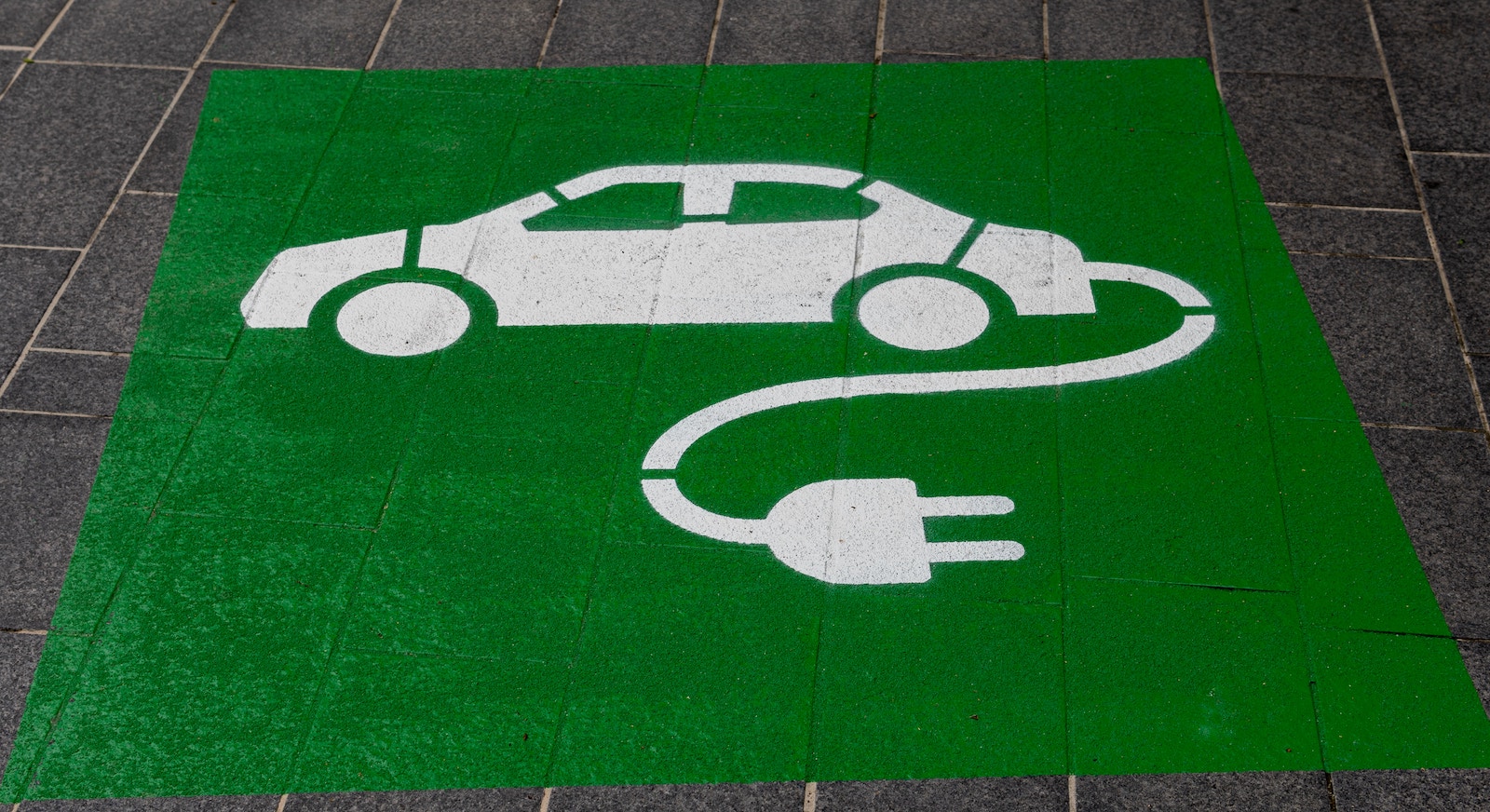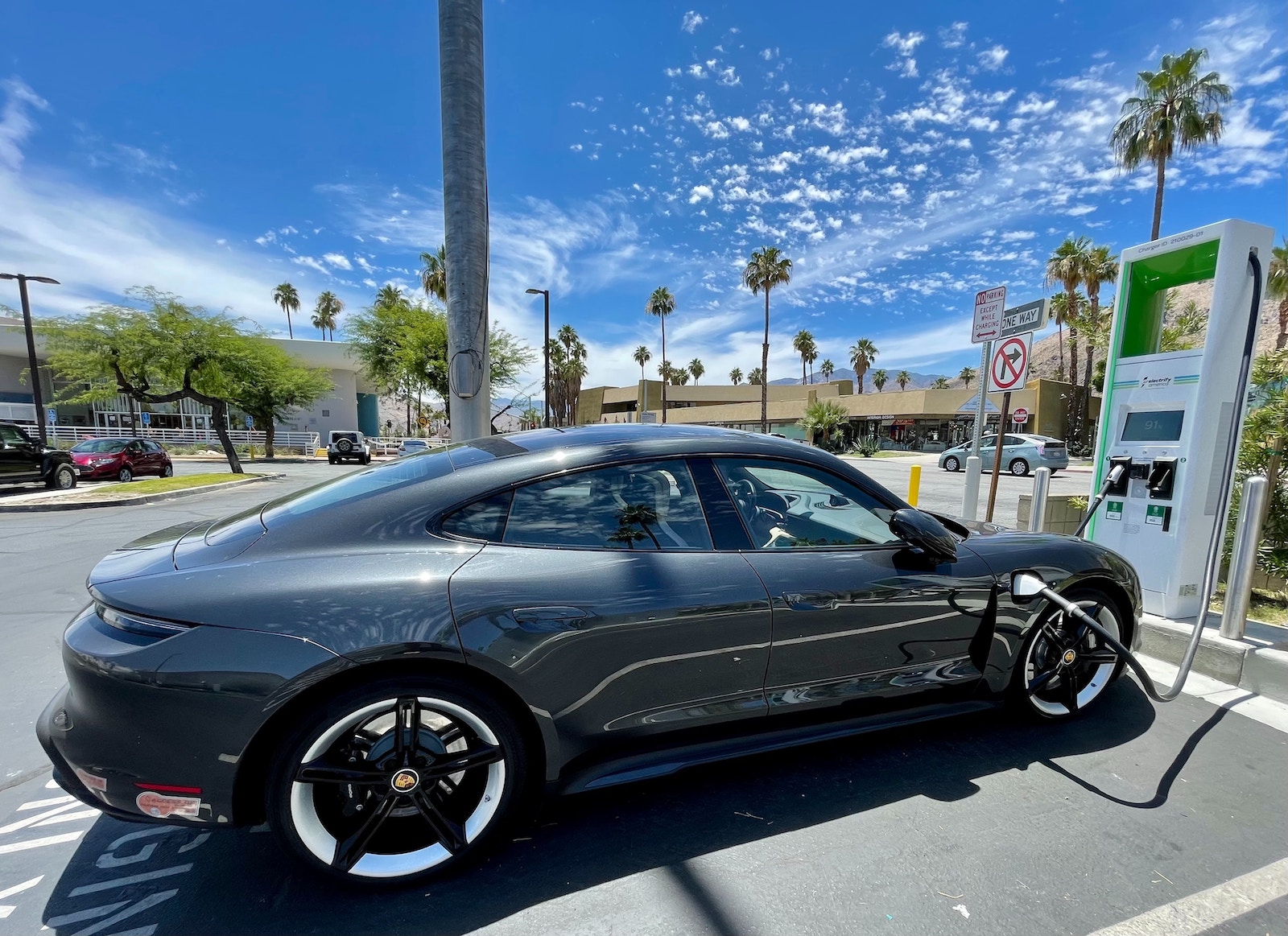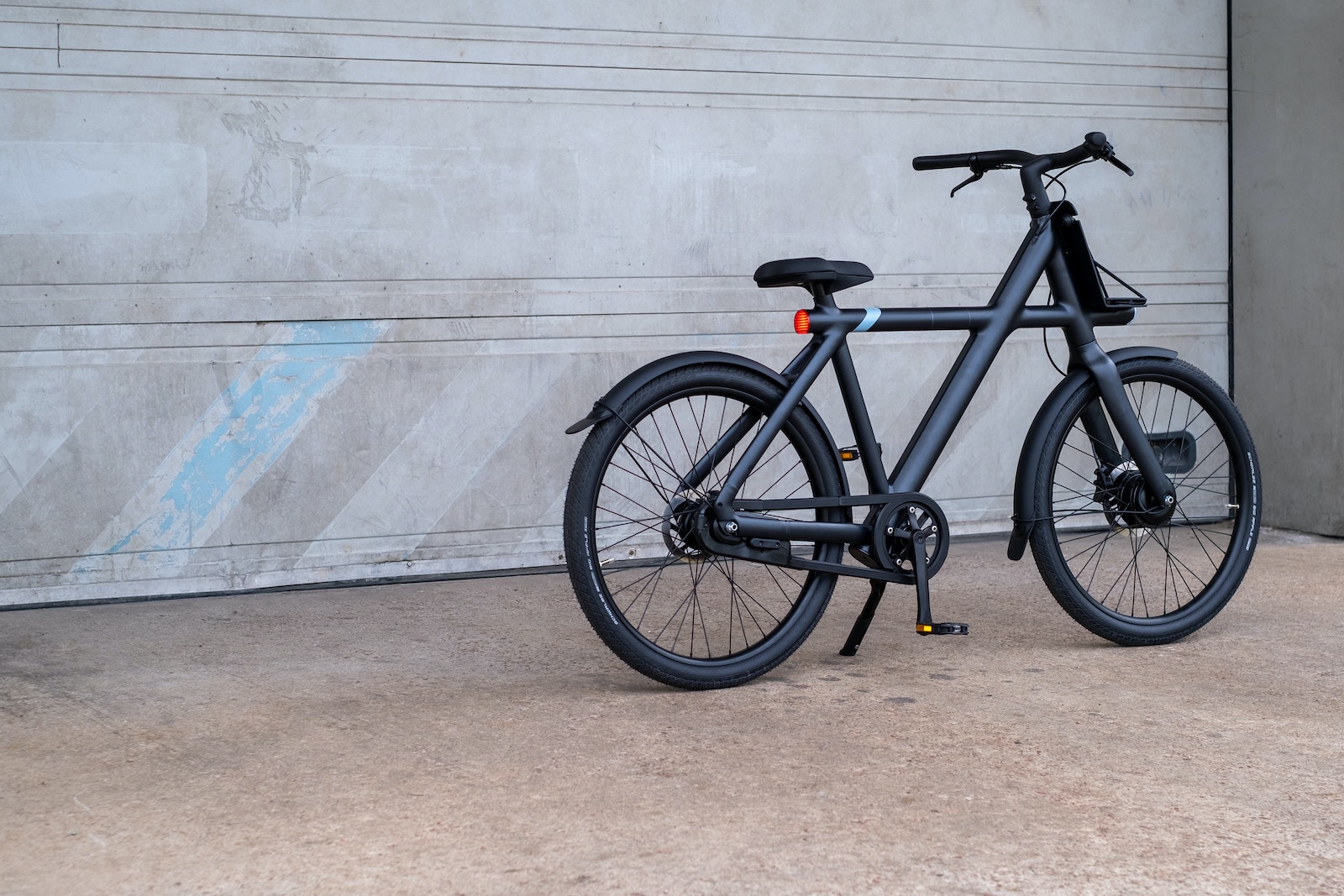Photo by Sophie Jonas
As electric vehicles (EVs) charge into the mainstream, the United States is paving the way for a more sustainable future. However, while President Biden set ambitious EV targets for the nation, the focus has primarily been on cars even as studies show that electric car adoption alone isn't enough to meet climate goals. Micro-mobility options such as e-bikes are crucial to reducing car dependency and states and metro areas are primarily leading on this front.
We'll delve into the landscape of EV ownership (cars and bikes alike) in the U.S., exploring the key factors that make certain places stand out.

Photo by Michael Marais
Factors at Play
There are three key considerations into the viability and adoption of electric cars and e-bikes: infrastructure and access, financial costs, and cultural climate and policy.
Infrastructure & Access
A robust network of readily available charging stations, alongside well-maintained and protected roads suitable for both cars and micro-mobility options, is essential. Access along key corridors and long-distance routes is also important, but it's noteworthy that these represent a small fraction of most Americans' driving needs. The “West Coast Electric Highway" is one such example, linking British Columbia to Southern California with fast charging stations every 25 to 50 miles.
Financial costs
The affordability of EVs is influenced by varying electricity rates across states, impacting charging costs, as well as financial incentives like tax breaks, rebates, and subsidies. These can significantly reduce upfront costs for both EVs and charging equipment. Ten states including Colorado, Maryland, and Vermont offer additional incentives, often stacking with federal programs to make EVs even more accessible. However, there are also annual battery fees ranging from $50 to $225 to compensate for lost gas tax revenue.
Cultural climate and policy
Public perception towards EVs is often shaped by the existing infrastructure. Broken or frequently occupied chargers foster a sense of unreliability. Studies like Pew Research Center's findings highlight that Americans confident in the development of infrastructure are more likely to consider an EV purchase. Urban and suburban residents also appear more open to EVs compared to rural populations. Addressing these perceptions through targeted policy and financial incentives can help overcome current adoption hurdles.

Photo by Bob Osias
Electric cars
Several regions across the U.S. offer better conditions for embracing the EV life, with incentives, robust charging infrastructure, and supportive policies.
Colorado boasts a combination of state and private utility incentives that could soon qualify residents for up to $26,500 off their EV purchase. Denver also stands as the most EV-friendly city outside of California with exceptional charging access.
Vermont reigns supreme in terms of charging stations per capita, with an impressive ratio of 703 residents per charger. Combined with an average approved incentive of about $3,200, Vermont provides a haven for EV owners.
In California, San Francisco, Oakland, and San Jose boast the most charging stations to residents of any metro area. The state also offers the best infrastructure for fast charging needs in the nation. While California's generous rebate program expired in September 2023, their shift to focus on low-income buyers and the extensive EV ecosystem remain enticing.
And states like Utah, Washington, Wyoming, Idaho, North Dakota, and Nebraska benefit from some of the nation's lowest electricity rates, translating to potentially cheaper charging costs. However, these states currently face challenges with limited charging access, requiring further infrastructure development to reach their full EV potential.

Photo by Geo Chierchia
E-bikes
While electric cars are gaining a foothold, e-bikes are rapidly accelerating onto the scene. In 2020, Americans bought twice as many e-bikes as electric cars, demonstrating a growing preference. This shift hasn't gone unnoticed by states and cities, with many now offering compelling incentives to encourage further e-bike adoption.
California is piloting a program in 5 counties that offers residents a staggering $7,500 towards alternative mobility options, including e-bikes. There are plans for a statewide rollout in 2024, demonstrating a significant commitment to promoting e-bike use.
Denver's popular e-bike rebate program also experienced overwhelming demand, exhausting its funds so quickly that it requires a temporary pause until 2024. This surge in interest highlights the potential for e-bikes to revolutionize urban transportation.
Austin's recently launched program offers residents up to $1,300 towards a new e-bike, paving the way for a more sustainable and affordable transportation network.
Oregon, Vermont, and New York are also joining the movement, launching their own e-bike rebate programs. This collective effort demonstrates a nationwide groundswell of support for e-bikes as a viable and desirable transportation option, showcasing their potential to reshape our cities.
The future of EVs
While the journey towards a fully electrified transportation system is long, the initial steps taken by states and cities across the U.S. are promising. Programs like Colorado's and California's alternative mobility options initiative demonstrate a clear commitment to building the necessary infrastructure and offering financial incentives to encourage broad EV adoption.
